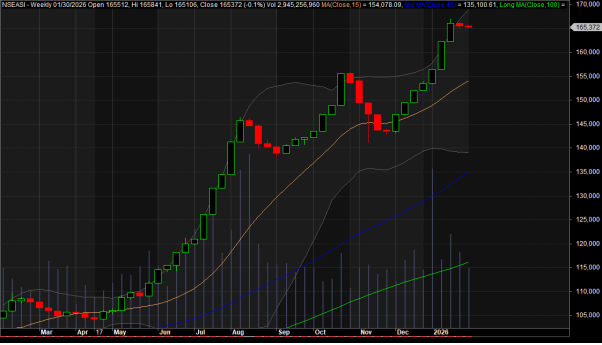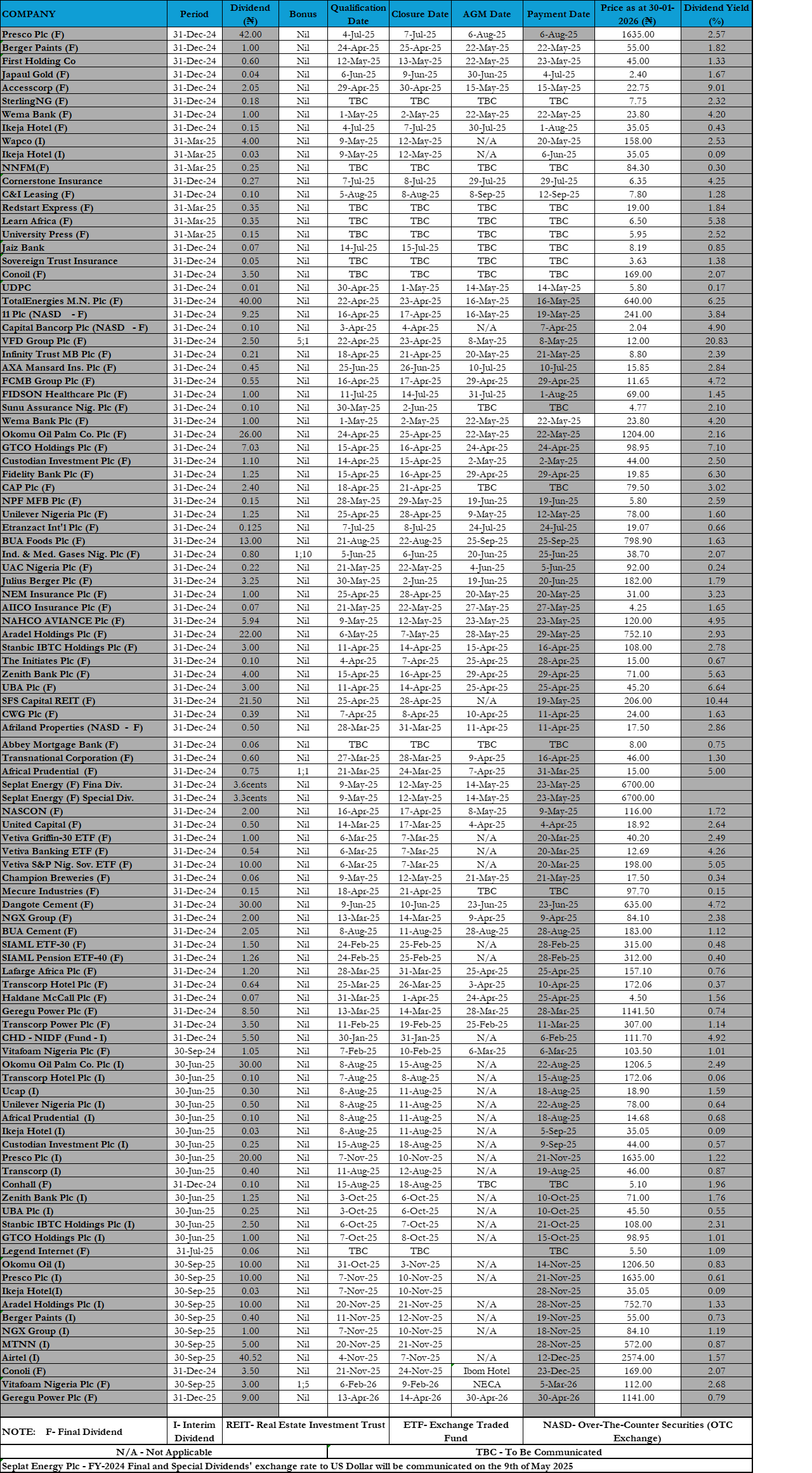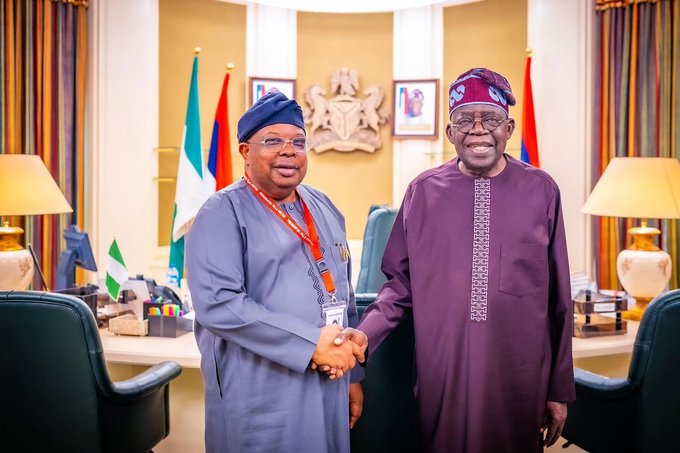
Marcel Okeke, an Economist, former Chief Economist of Zenith Bank Plc, now Lead Consultant, mascot Consult Limited, on Thursday in Lagos lamented the Federal Government’s proposed 2019 budget that is not only out of tune with current realities, but one that is bound to fail from the very onset.
In a presentation to financial journalists titled: The Nigerian Economy: A Strategic Review and Outlook for 2019,” Okeke, who was also group head, Research & Economic Intelligence Group of the bank, wondered Aso Rock arrived at almost all of its assumptions for computing the budget. He however noted that the budget was modeled after the administration’s Economic Recovery and Growth Plan (ERGP), even when the assumptions therein continue to move far from reality.
The ERGP “is built on faulty assumptions,” he said, querying for example, the crude oil production benchmark of 2.3m barrels per day, as against the Q3 actual of 1.95m barrels per day. The 2019 benchmark should have been lower, he believes, given new realities such as plans by the Organisation of Petroleum Exporting Countries (OPEC) cartel to cut the country’s output just as others. Judging by this, he believes Nigeria’s quota may not be as much as 2mbpd this year.
Also faulty, Okeke continued, is the $60 per barrel benchmark oil price, up from $51pb in 2018, considering factors such as the volatility in the international market that saw it balloon to almost $80pb, before closing at about $74; and the possible use of shale oil as a tool by the U.S Government to moderate the price. There are, he continued, the impact of the ongoing trade war between the world’s two largest economies- U.S and China, which is already a source of global tension.
Speaking at the event organized by the Finance Correspondents Association of Nigeria (FICAN), Okeke, the first chairman of the group, also questioned the continued retention of benchmark foreign exchange rate at the ever unrealistic N305/US$, considering the tension in the country and perception of the international community. Already, he continued, there is difficulty finding buyers for crude oil, the country’s mono-product, which could constrain her revenues and the Central Bank of Nigeria’s external reserves accretion, while continuing to ensure stability of the Naira.
By setting a target of 9.98% for inflation, he said the Federal Government has renewed its desire for a single digit rate, given that at 11.44% in December 2018, according to the National Bureau of Statistics (NBS), the country has improved significantly on the 13.39% set for this year in the ERGP document.
However, he listed factors that could make the government’s inflation assumptions fail to include: the planned increase in minimum wage to N27,000 (which has been rejected by labour, insisting on N30,000); as well as spending ahead of the general elections which begins on February 16.
For him however, if the country is to lower interest rates and consequently the cost of borrowing, among others, an inflation rate of between 5 and 8% is just okay.
By setting a target GDP growth rate of 3.01%, Okeke said the government may just have been playing with numbers, given that at the latest figure of 1.81%, released by NBS, Aso Rock hopes to grow the economy twice that level this year. The budget target is even modest, compared to the 4.5% target set in the ERGP, while the CBN projects 2.28% (READ), slightly above the 2.0% forecast by the International Monetary Fund (READ MORE).
Rather than 2019 GDP growing double the Q3 rate, which he believes is near impossible, Okeke warned that a “relapse in the GDP is not impossible with the OPEC quota, shale oil production in the U.S, difficulty in finding buyers, a possible youth restiveness in the country’s Niger Delta region that can curtail production.”
There is no magic, considering that government’s revenue projection also grossly underperformed last year, yielding just N2.84tr, as against the N7.16tr projected for the year, which comes to N5.38tr (pro rata as at Q3), a far cry from the reality.
On his outlook for 2019, Okeke projected slow growth in 2019Q1; followed by agitations that could affect oil production and the nation’s revenue in Q2; resulting in post-election adjustments by Q3, just as the possibility of supplementary budget. This he believes will mean that there could be a supplementary budget in Q3, while the government will effectively settle down in the last quarter of the year.
For him, the only way out for the country at this time is effective diversification of the economy away from oil, rather than the continued sloganeering for various reasons, some of which include the move from heavy crude oil consumption across the world with electric cars and alternative energy become the fad.
Photo Caption: From left to right: Obinna Chima, chairman of FICAN in a handshake with Marcel Okeke, founding chairman of FICAN and presenter of the 2018 Macro-economic review and 2019 outlook on Thursday, January 24, 2019. With them are Mrs. Iyabo Ogunjuyigbe, Vice-Chairman, FICAN and Babajide Komolafe, immediate past chairman of the association.











